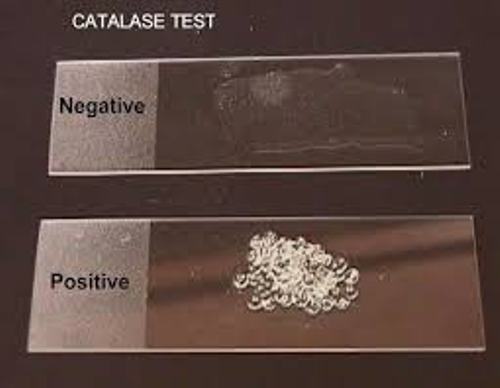10 Facts about Catalase
Facts about Catalase present the interesting information about the common enzyme that you can find in various living organisms such as animals, plants and bacteria. The Catalase can be seen the ones exposed to oxygen. The main function of the enzyme is to decompose the hydrogen peroxide into oxygen and water. Let’s check other interesting facts about Catalase below:
Facts about Catalase 1: the importance of Catalase
Catalase is very important for all living organisms. The cells will be protected by the presence of this enzyme. Therefore, the living organism will not experience any oxidative damage.
Facts about Catalase 2: the molecules
Do you know that there are around 5 million molecules of hydrogen peroxide that can be converted by using only one Catalase molecule?
Facts about Catalase 3: the chains
Can you tell me the chains of Catalase? It has the four polypeptide chains. Each of them contains around 500 amino acids.
Facts about Catalase 4: the reaction of Catalase and hydrogen peroxide
Catalase is allowed to react with hydrogen peroxide because the enzyme has four porphyrin heme groups.
Facts about Catalase 5: the pH
The human Catalase has the pH around 7. The reaction on the enzyme does not merely change the pH. It usually falls between 6.8 and 7.5.
Facts about Catalase 6: the pH of other catalases
The pH of Catalase depends on the species. It can fall between 4 and 11.
Facts about Catalase 7: Louis Jacques Thénard
Louis Jacques Thénard was the scientist who discovered hydrogen peroxide or H2O2. He believed that there was an unknown substance which caused breakdown on hydrogen peroxide. The name Catalase was coined by Oscar Loew in 1900. At that time, Catalase was discovered in animals and plants. James B. Sumner and Alexander Dounce were successful to create Catalase from the crystallized beef liver in 1937. Get facts about caesium here.
Facts about Catalase 8: Hydrogen peroxide
During the normal metabolic processes, the living organisms produce the hydrogen peroxide. It is considered as a harmful byproduct that should be converted into less harmful substance. Thus, the Catalase is needed during the conversion to make it less reactive by converting it into water and oxygen.
Facts about Catalase 9: the deficiency of Catalase
The people should be careful with the dropped level of Catalase since it is always associated with the development of diabetes type 2. get facts about carbon here.
Facts about Catalase 10: the optimum temperature
If you want to make the human Catalase work effectively and fast, it should be in the temperature at 45 degree C.
Do you have any question on facts about Catalase?







